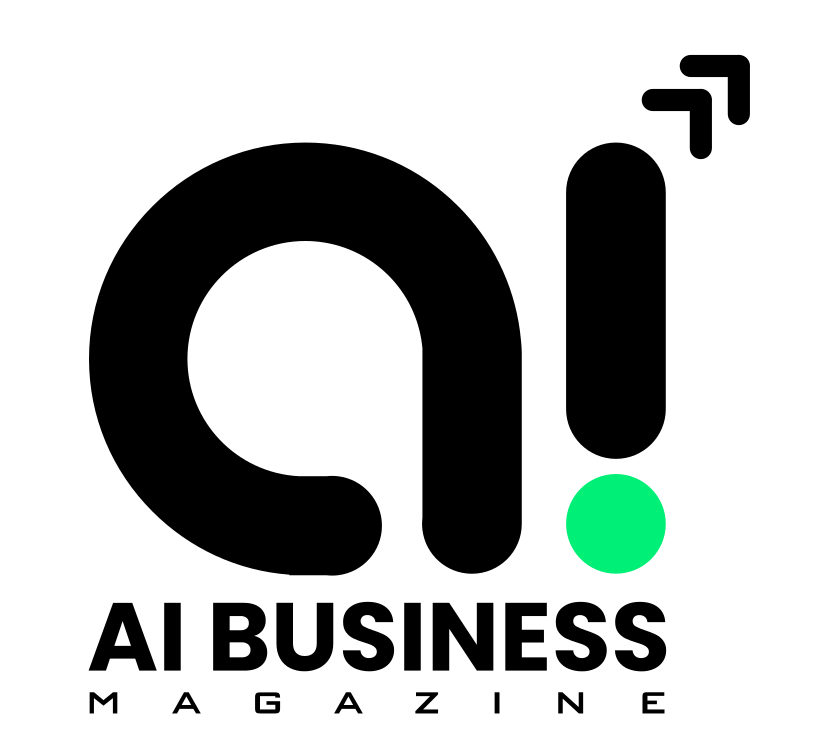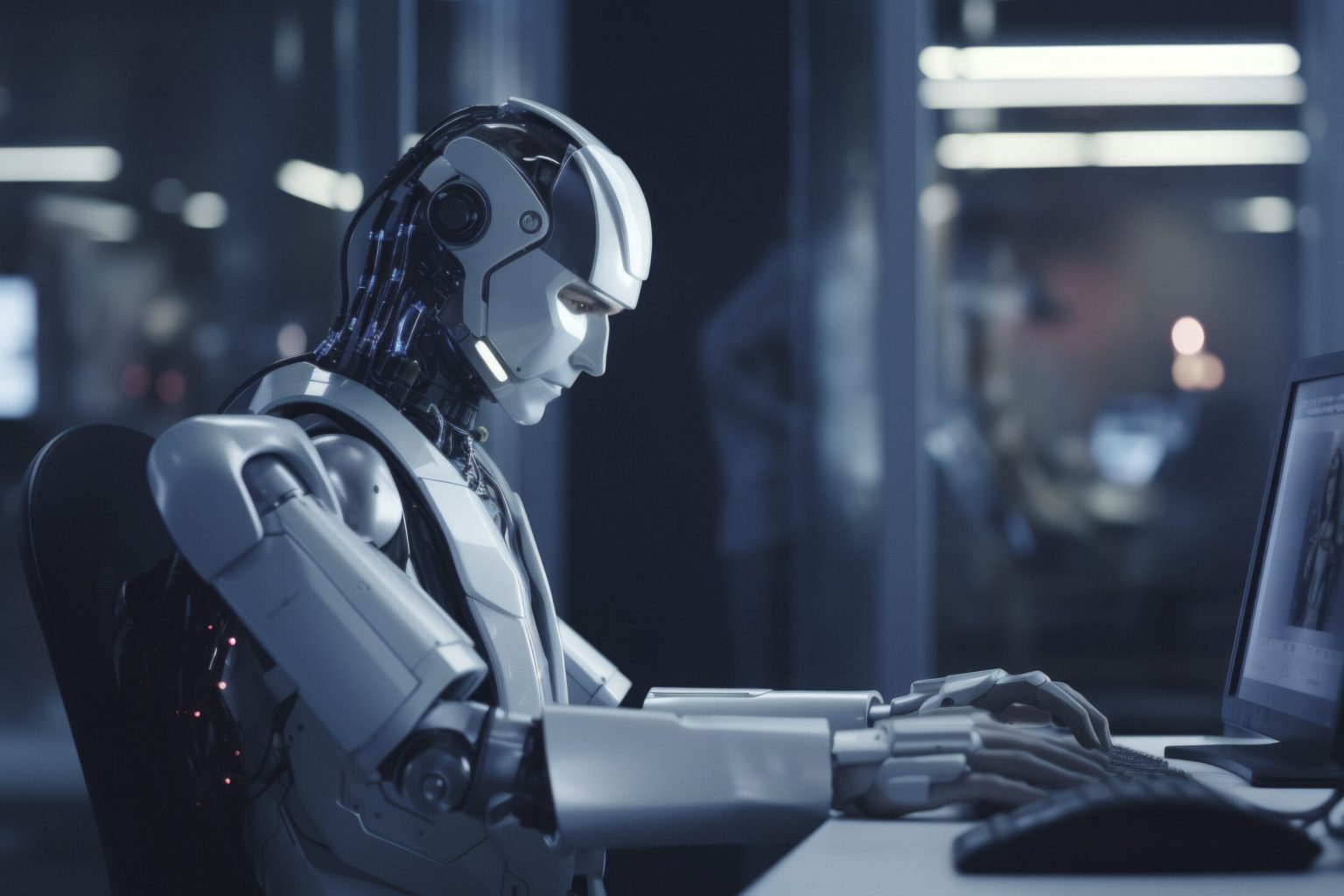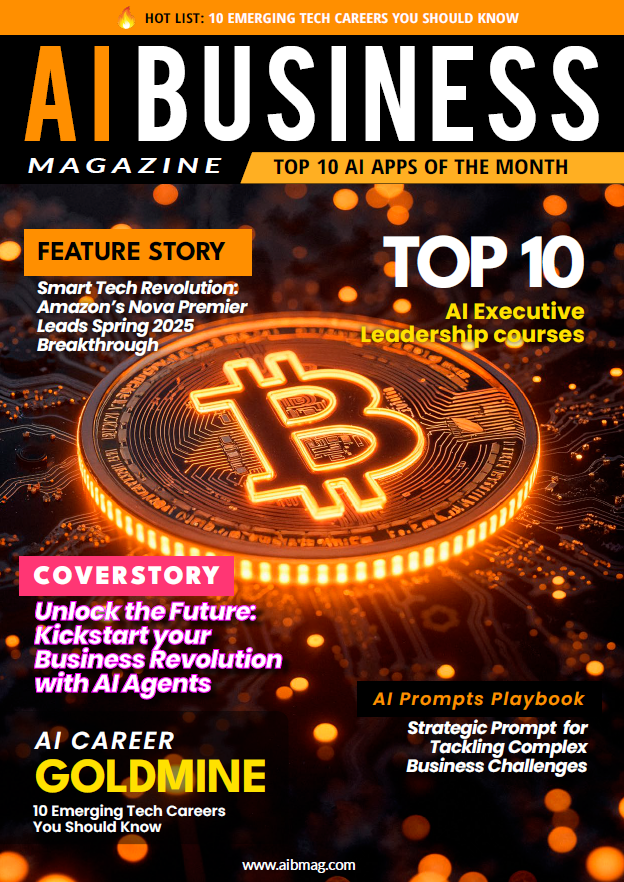AI Auditing: Guardians of Algorithmic Accountability
A New Frontier in AI Accountability
Across boardrooms and government offices worldwide, a quiet revolution is taking shape. Seasoned AI professionals, including former machine learning engineers, data scientists, and product managers, are trading their model-building roles for something entirely different: becoming the watchdogs of the systems they once created. This emerging field of AI auditing represents more than a career pivot; it’s a fundamental reimagining of how society ensures responsible AI deployment. As agentic AI systems AI models capable of making autonomous decisions and taking action without direct human input become more prevalent in high-stakes environments, the need for rigorous, ethics-first oversight grows exponentially.
The timing couldn’t be more critical. As AI systems make decisions about loan approvals, hiring processes, medical diagnoses, and criminal sentencing, the need for rigorous oversight has never been more urgent. Yet traditional auditing approaches fall short when confronted with neural networks, ensemble models, and complex data pipelines. Enter the AI auditor, a professional who speaks both the language of algorithms and the grammar of accountability.
This shift reflects a maturing industry recognizing that building AI systems is only half the equation. The other half involves ensuring these systems operate fairly, transparently, and ethically in real-world contexts. Former developers who once optimized for accuracy are now optimizing for trust. At AI Business Magazine, we’re tracking this pivotal shift and spotlighting the professionals leading the charge toward a more accountable AI future.
Why AI Professionals Are Choosing the Audit Path
The Ethics Awakening
Many AI practitioners reach a moment of reckoning after years of deploying models into production. They witness firsthand how seemingly neutral algorithms can perpetuate bias, how optimization targets can misalign with human values, and how technical debt in AI systems can compound into societal harm. The transition to auditing represents a desire to be part of the solution rather than inadvertently contributing to the problem.
Others are drawn by intellectual challenge. Auditing AI systems requires reverse-engineering complex architectures, understanding data provenance, and detecting subtle patterns of bias or manipulation. It’s detective work that demands both technical sophistication and investigative instincts.
Market Demand and Regulatory Pressure
The regulatory landscape is driving unprecedented demand for AI auditors. The EU’s AI Act, emerging US federal guidelines, and corporate governance requirements are creating a new professional category. Companies like Anthropic, OpenAI, and Google are establishing internal AI safety teams staffed by former engineers. Consulting firms are launching AI audit practices, and regulatory bodies are hiring technologists to develop compliance frameworks.

In New York, Local Law 144 requires algorithmic audits for hiring tools. In California, the Fair Chance Act demands transparency in automated decision-making. These regulations don’t just require compliance, they require professionals who can actually evaluate AI systems for fairness, accuracy, and bias.
The Intersection of Technical and Social Impact
AI auditing offers a unique blend of technical rigor and social purpose. Auditors examine model architectures, trace data lineages, and analyze algorithmic outputs, but they do so in service of broader societal goals. They’re not just debugging code; they’re debugging systems of power and access.
Redefining the Audit Profession
Beyond Traditional Compliance
Traditional auditing focuses on financial accuracy and regulatory compliance. AI auditing requires a fundamentally different approach: evaluating systems that l earn, adapt, and make decisions in ways that can’t be fully predicted or controlled. This demands new methodologies that blend computer science, statistics, social science, and ethics.
AI auditors develop testing frameworks that probe for algorithmic bias, fairness metrics that can be applied across different contexts, and documentation standards that make AI systems interpretable to non-technical stakeholders. They’re creating the infrastructure for algorithmic accountability from the ground up.
The Technical Arsenal
Modern AI auditors employ sophisticated tools and techniques:
Bias Detection Frameworks: Libraries like IBM’s AI Fairness 360 and Google’s What-If Tool enable systematic testing for disparate impact across protected classes.
Explainability Platforms: Tools such as SHAP, LIME, and Integrated Gradients help auditors understand how models make decisions and identify potential points of failure.
Adversarial Testing: Techniques borrowed from cybersecurity to probe model robustness and identify edge cases where systems might fail catastrophically.
Data Lineage Tracking: Platforms like DataHub and Apache Atlas enable auditors to trace how training data flows through complex pipelines and identify potential contamination points.
Synthetic Data Generation: Tools for creating test datasets that can probe specific failure modes without compromising privacy or proprietary information.
These tools transform AI auditing from subjective assessment to rigorous, evidence-based evaluation.
Building Industry-Relevant Audit Frameworks
Context-Sensitive Assessment
Veteran AI professionals bring crucial industry knowledge to audit design. They understand that a hiring algorithm requires different evaluation criteria than a medical diagnosis system or a financial lending model. Their frameworks account for domain-specific risks, regulatory requirements, and stakeholder expectations.
A former fintech engineer turned auditor might design tests that probe for discriminatory lending patterns while ensuring compliance with fair lending laws. A healthcare AI veteran might focus on diagnostic accuracy across demographic groups while maintaining patient privacy protections.
Embedding Continuous Monitoring
Static audits (one-time assessments of AI systems) are insufficient for models that continuously learn and adapt. AI auditors are developing frameworks for ongoing monitoring that detect drift, degradation, and emerging bias patterns over time.
These systems track model performance across different user populations, flag unusual patterns in decision-making, and alert organizations to potential issues before they become systemic problems. They’re building the early warning systems for algorithmic accountability.
Impact Across Industries
Financial Services
Banks and credit companies are hiring AI auditors to ensure lending algorithms comply with fair lending laws. Auditors examine decision trees, analyze approval rates across demographic groups, and design testing protocols that probe for indirect discrimination. Their work directly impacts access to credit and financial services for millions of people.

Healthcare Technology
Medical AI auditors evaluate diagnostic algorithms for accuracy across different patient populations, ensuring that AI-powered medical devices don’t perpetuate healthcare disparities. They assess training data representativeness, test model performance across demographic groups, and validate clinical decision support systems.
Hiring and HR Technology
As automated hiring tools become ubiquitous, AI auditors are developing frameworks to ensure these systems don’t discriminate based on protected characteristics. They analyze resume screening algorithms, interview scoring systems, and performance prediction models for fairness and legal compliance.
Government and Public Services
Public sector AI auditors evaluate systems used for benefit allocation, criminal justice risk assessment, and social services eligibility. Their work directly impacts civil rights and access to government services.
The Collaborative Audit Ecosystem
Cross-Disciplinary Teams
Effective AI auditing requires collaboration across multiple disciplines. Technical auditors work alongside legal experts, social scientists, domain specialists, and ethicists. This interdisciplinary approach ensures that audits consider not just technical performance but also legal compliance, social impact, and ethical implications.
Industry-Academia Partnerships
Universities are launching AI audit programs that combine computer science, law, public policy, and ethics. Programs like Stanford’s HAI and MIT’s Institute for Data, Systems, and Society are training the next generation of AI auditors through interdisciplinary curricula.
Research partnerships between audit firms and academic institutions are developing new methodologies, validating existing approaches, and creating evidence-based standards for AI assessment.
Open Source Audit Tools
The AI audit community is developing open-source tools and frameworks that democratize access to audit capabilities. Projects like Fairlearn, Aequitas, and AIF360 provide standardized approaches to bias detection and fairness assessment.
Overcoming Audit Challenges
The Black Box Problem
Many AI systems, particularly deep learning models, operate as “black boxes” that resist traditional audit approaches. AI auditors are developing new techniques that can assess system behavior without requiring complete model transparency.
These include input-output analysis, behavioral testing, and statistical inference techniques that can detect bias and unfairness even when internal model operations remain opaque.
Keeping Pace with Innovation
AI technology evolves rapidly, and audit methodologies must evolve alongside it. Auditors participate in professional development programs, contribute to research conferences, and collaborate with AI researchers to understand emerging technologies and their audit implications.
Balancing Rigor with Practicality
AI audits must be thorough enough to detect real problems while remaining feasible for organizations to implement. Auditors are developing risk-based approaches that prioritize high-impact assessments while providing practical guidance for remediation.
The Future of AI Auditing
Regulatory Evolution
As AI regulation matures, audit requirements will become more standardized and comprehensive. Professional certification programs for AI auditors are emerging, and regulatory bodies are developing specific requirements for audit procedures and documentation.
Automated Audit Tools
The next generation of AI auditing will leverage AI itself to scale assessment capabilities. Automated bias detection, continuous monitoring systems, and AI-powered audit report generation will enable more comprehensive and cost-effective auditing.
Global Standards
International organizations are working to develop global standards for AI auditing. These standards will enable consistent assessment across jurisdictions while accounting for local regulatory requirements and cultural contexts.
A Call to Action
For AI professionals considering this transition, the path from developer to auditor offers unique opportunities to shape the future of responsible AI. Your technical expertise, combined with audit training and ethical grounding, positions you to be a guardian of algorithmic accountability.
The field needs practitioners who can bridge the gap between technical complexity and social impact, who understand both the capabilities and limitations of AI systems, and who can translate technical findings into actionable insights for diverse stakeholders.
For organizations, investing in AI audit capabilities isn’t just about compliance but about building trust, reducing risk, and ensuring that AI systems serve their intended purposes without causing unintended harm.
For policymakers, supporting the development of AI audit professions through funding, education, and regulatory frameworks will be crucial for maintaining public trust in AI systems.
Conclusion
The emergence of AI auditing as a distinct profession represents society’s growing recognition that with great algorithmic power comes great responsibility. As AI systems become more pervasive and consequential, the need for skilled professionals who can evaluate their fairness, safety, and social impact will only grow.
AI auditors stand at the intersection of technology and society, wielding technical expertise in service of broader human values. They’re not just checking boxes or satisfying regulatory requirements but helping to shape a future where AI systems are worthy of the trust we place in them.
In boardrooms and courtrooms, in hospitals and hiring offices, AI auditors are becoming the guardians of algorithmic accountability. Their work ensures that as we build an AI-powered future, we do so with wisdom, care, and unwavering commitment to human welfare.
The code they examine today will shape the society we inhabit tomorrow. In that responsibility lies both the challenge and the promise of the AI auditor revolution.



